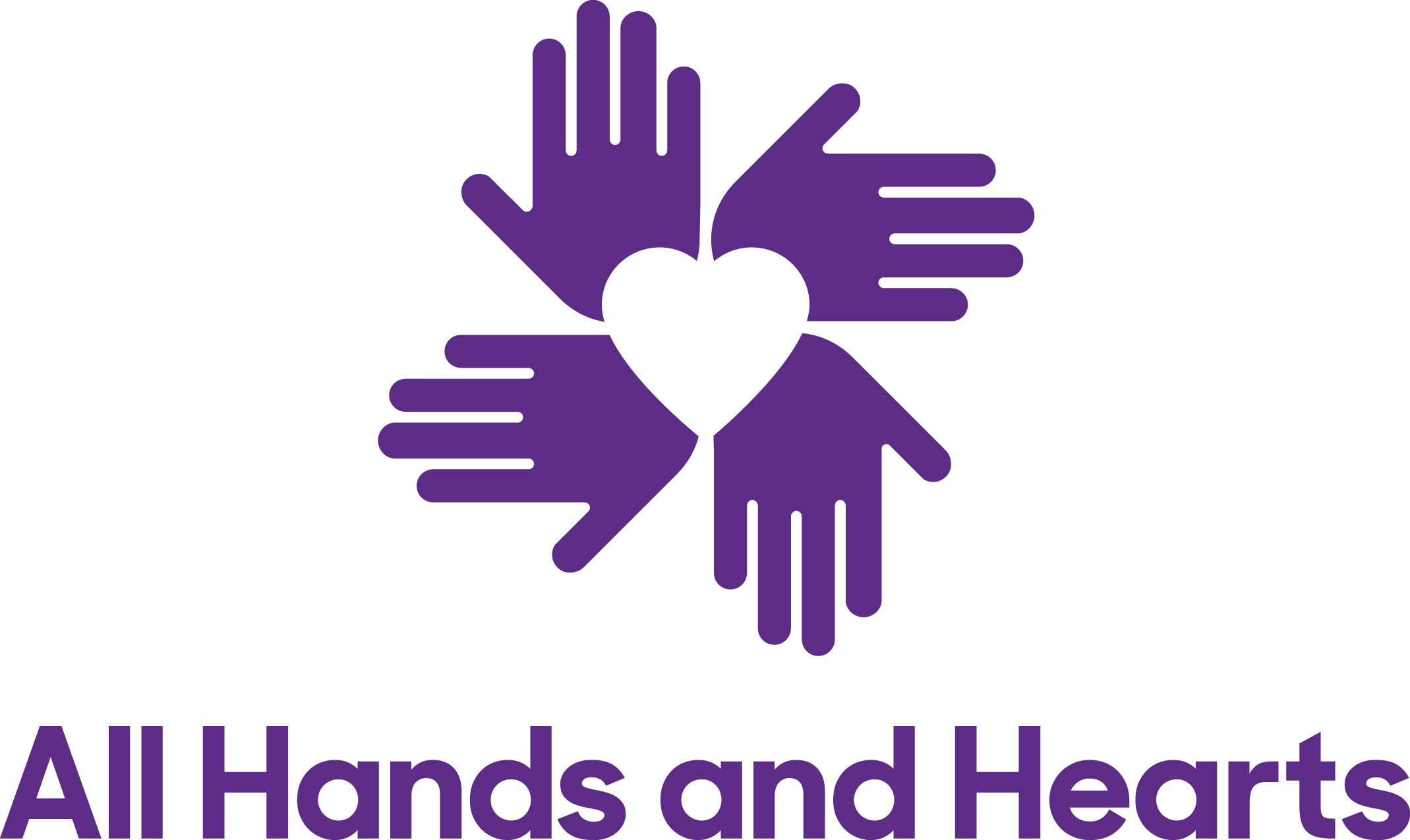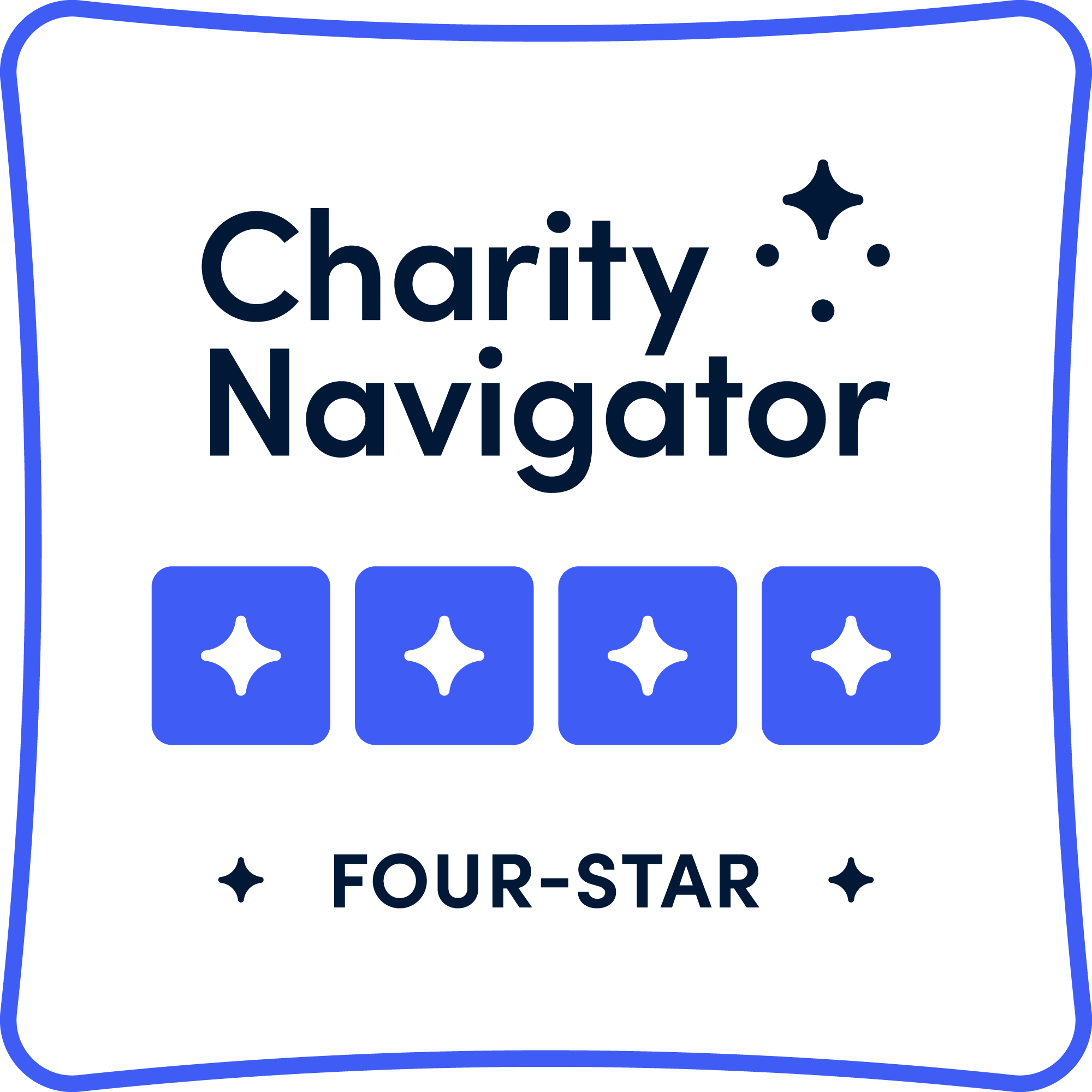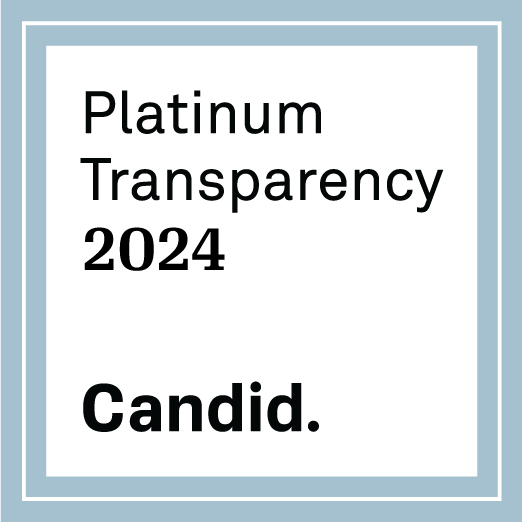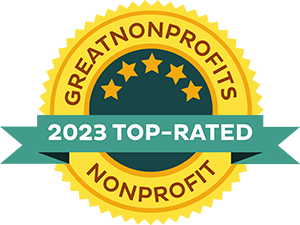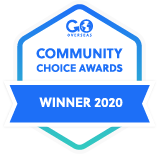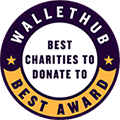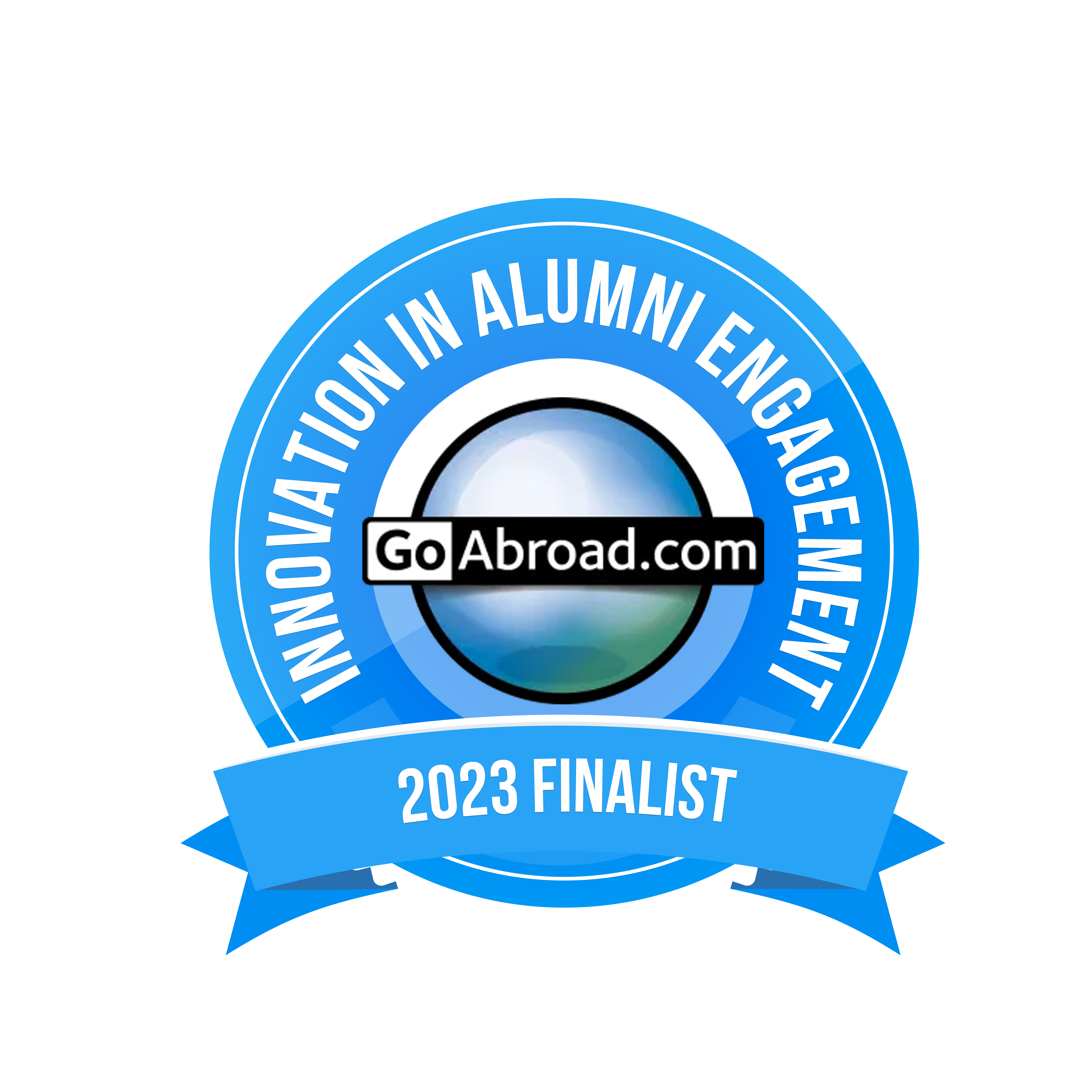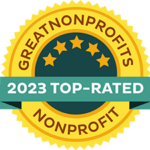NAVIGATING DISASTER RELIEF AS A TRANSGENDER MAN
july 26, 2024
At All Hands and Hearts (AHAH), we strive to cultivate a sense of community not just in the areas we rebuild, but within our own teams as well. We believe that a diverse, welcoming community is built upon and strengthened from the inside, out. By sharing stories from our community, we hope to educate, raise awareness and inspire the small actions that open the doors to understanding.
Our U.S. Recovery Manager, Eleven, started as a volunteer with AHAH when he embarked on a journey deeply intertwined with the exploration of his identity. Eleven recounts how a sense of belonging and understanding enriches our organization and the communities we serve.
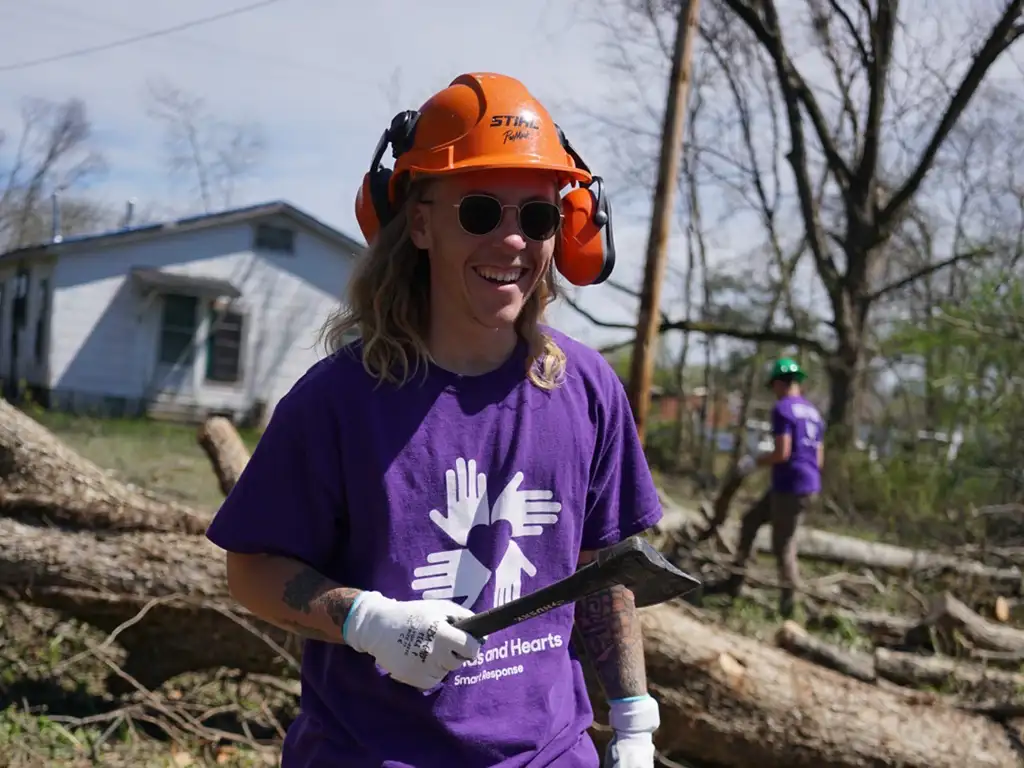
WHERE ARE YOU FROM, WHAT IS YOUR ROLE AND HOW DID YOU GET STARTED WITH AHAH?
“I grew up in Mississippi, spent half of my twenties in Puerto Rico and recently planted roots in Chattanooga, Tennessee. I am currently the U.S. Recovery Manager. I started with All Hands and Hearts (AHAH) as a volunteer after Hurricane Harvey in Houston. I went on to volunteer in Yabucoa, Puerto Rico, and worked my way through different roles as Volunteer Engagement Coordinator, Site Supervisor and Community Projects Coordinator there, Operations Manager on our Coastal Bend Project and then Program Director in Houston.”
CAN YOU TELL ME ABOUT YOUR JOURNEY AS A TRANSGENDER INDIVIDUAL WORKING IN DISASTER RELIEF?
“When I first joined AHAH, I was definitely a queer-identifying person, but still very much unsure of my gender identity. My first encounter with transmasculine persons (that I am aware of), a couple of young volunteers in Yabucoa, was monumental for me. It was just the beginning of a journey that took years to navigate. I started my transition during a time when I wasn’t working for AHAH, but when I returned, the support and acceptance I received were truly heartwarming. It was a time when I was really struggling with a sense of belonging and acceptance in other areas of my life due to my transition.
I don’t feel like my identity has really caused any major issues in this field. I know there can be differing views and backgrounds both on program and out in the communities we serve, but I have never had an experience that I could not navigate or wasn’t supported throughout. Early in my role as Rapid Response Manager, when I was deployed to the Mississippi tornadoes, I was nervous about not “passing” or facing challenges in the community. However, I was treated very well there, which was a healing experience for me, especially given the challenges I’ve faced in Mississippi in other contexts.“
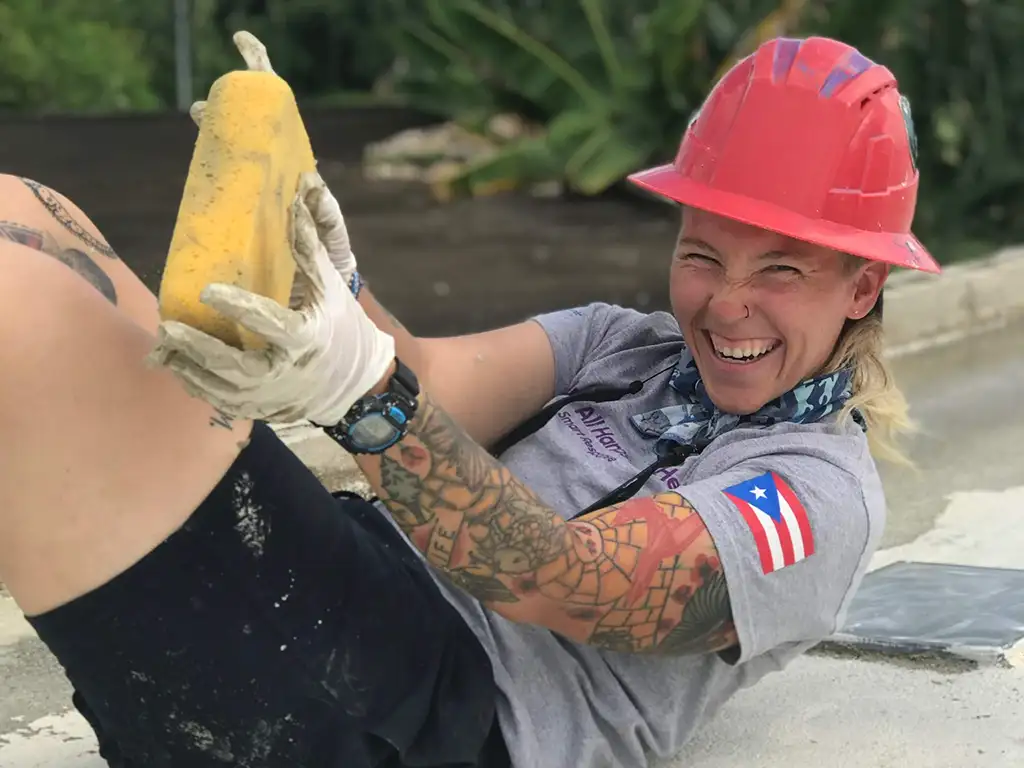


IN WHAT WAYS DO YOU BELIEVE THE LGBTQ+ COMMUNITY IS REPRESENTED IN DISASTER RELIEF AND NON PROFITS AS A WHOLE?
“I don’t feel that the community is underrepresented at AHAH. By creating a very open and inclusive environment, we definitely create a space where you’ll likely find more openly queer individuals than in other organizations within the disaster relief space. While we are still a minority group, which can sometimes lead to a lack of broader understanding, we’re actively working to address this through our Queer and Ally Collective to build community, enhance understanding and increase compassion.”
HAVE YOU NOTICED ANY PARTICULAR NEEDS OR VULNERABILITIES AMONG LGBTQ+ INDIVIDUALS IN DISASTER SITUATIONS?
“The devastating impacts of disasters are keenly felt by the most marginalized communities of our society. The U.S. Census Bureau began asking about sexual orientation and gender identity in 2021 and found that an estimated 2.4% of LGBTQ+ people said they were displaced by a disaster in the year prior, compared with the estimated 1.5% of the total U.S. population. Previous research suggests bias in disaster response and the role of faith-based organizations in disaster recovery could be behind the disparity.”
CAN YOU SHARE AN EXAMPLE WHEN YOUR IDENTITY POSITIVELY IMPACTED YOUR WORK?
“I am not shy about sharing my identity as a transgender person because I truly believe understanding creates empathy. So much of what breeds hate is ignorance. I’ve had opportunities with both staff members and volunteers to share parts of my story during various conversations and situations. These interactions have led to shifts in perspective, or greater openness and understanding.
I’ve also been in situations while working with partner organizations where my identity has somehow surfaced. I also believe that through those opportunities I have been able to raise awareness. I think by doing good work, being kind and compassionate while being unapologetically myself, I am able to really make an impact on people’s mindsets about queer and trans folks.”
WHAT DO YOU HOPE TO SEE IN TERMS OF PROGRESS FOR LGBTQ+ INDIVIDUALS WITHIN DISASTER RELIEF?
“For me, LGBTQ+ inclusion, progress and equity are linked to the progress and equity of all marginalized groups. My liberation is linked to your liberation, kind of mindset. I want to see progress in how we, as an industry, more equitably assist survivors throughout long-term recovery. Make the systems more navigable, especially for members of marginalized groups. I want to see less barriers and more actual support. I don’t want anyone slipping through the cracks – queer or otherwise.”
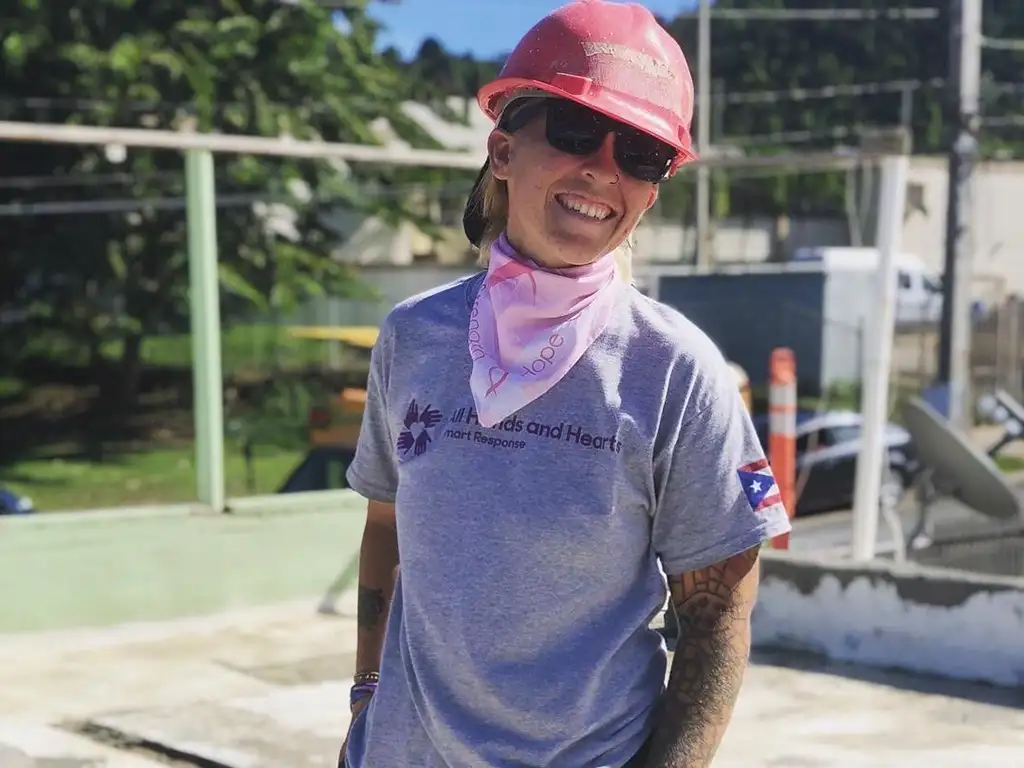
We are inspired by stories like Eleven’s that remind us of the impact of an inclusive environment.
When we help communities rebuild, we aim to embrace diversity and understanding from within, to then create spaces where everyone can thrive.
At AHAH, we are committed to learning from each other and growing from each experience shared. We embrace the power of an inclusive collective, where together, we can build stronger, more resilient communities – both within our organization and around the world.



